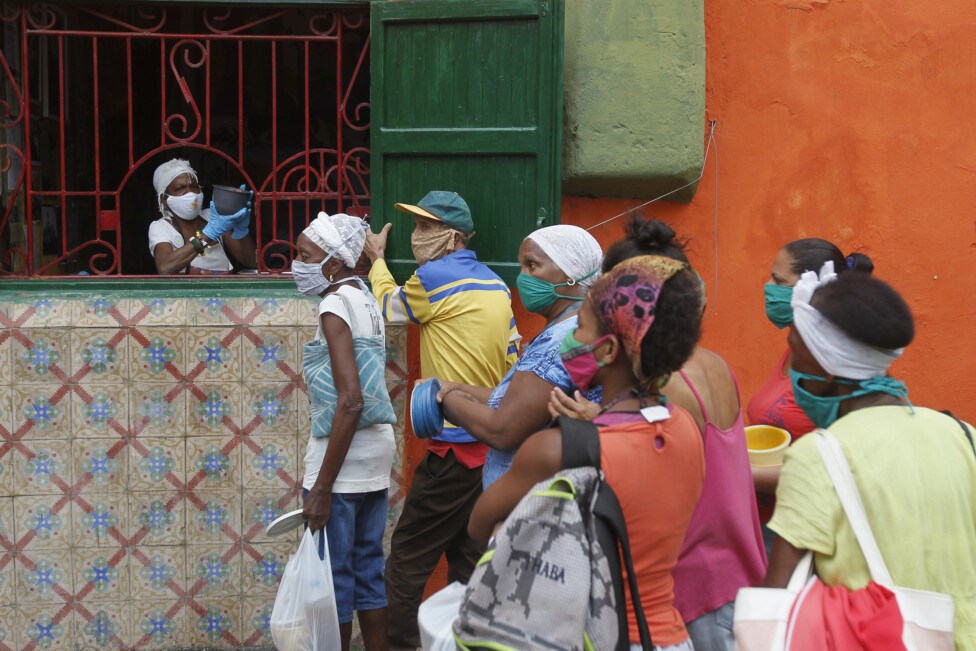
HAVANA TIMES – “If it’s hard to get along on a salary, imagine living off a pension,” says Clara Velasco. Like most retirees in Cuba, she faces additional barriers to accessing food, medicine, and services on her minuscule monthly income.
Velasco is 70 and worked as a mid-level accounting. She tells IPS: “There’s not a lot you can do with 1,628 pesos a month,” the amount she receives “after nearly 40 years working for the State.”
In Cuba, the minimum retirement pension is 1,528 pesos, equivalent to US $12.70 according to the official exchange rate of 120 Cuban pesos to a dollar. However, its estimated value shrinks to less than five US dollars if you go by the informal market – the reference point for a large part of the products, goods and services people must recur to for their basic needs.
In 2022, former Minister of the Economy Jose Luis Rodriguez stated that over half of the 1.6 million retirees in Cuba were receiving the minimum pension.
After paying the electric, gas and water bills, Velsaco emphasized: “there’s barely enough left to get the errands done.” “Errands” is the term used for purchasing the individual quota of limited rationed food and personal hygiene products the government sells each month to the eleven million residents of Cuba.
“It’s well known that the quota of rationed products doesn’t last the month. Currently, it doesn’t even come complete at the beginning of the month, like it did before. Food must be purchased on the street, at ever higher prices. No one who’s living only on their pension can eat well,” Velasco confesses. She herself lives alone and buys and sells different products on the illicit market to obtain additional income.
Although the quantity and variety of rationed products has diminished since the system began in 1962, this distribution channel is considered a needed support for food, especially for people of low income. In this way, they have access, when available, to small quantities of rice, sugar, beans, eggs, coffee, cooking oil, bread, and meat products.
Over 59,000 low-income older adults, along with those with disabilities and social problems, receive lunch made daily in food kitchens establishments in the country, through the so-called System for Family Attention, founded in 1998.
One of the effects of the deepening economic crisis and the shortage of foreign exchange in Cuba has been the frequent irregularities in the sale of the rationed items at subsidized prices. Assuring a consistent supply of these requires some US 1.6 billion dollars annually, government authorities maintain. In recent times that money has not existed, thus the shortages.
Further, the scarce harvests, along with structural problems in farm policies, mean that the demand for different products remains unsatisfied.

Vulnerabilities
After the rationed products, the rest of Cubans’ nutritional needs, including fruits, vegetables, and hygiene products, must be acquired in the State stores, which only accept hard currency deposi


